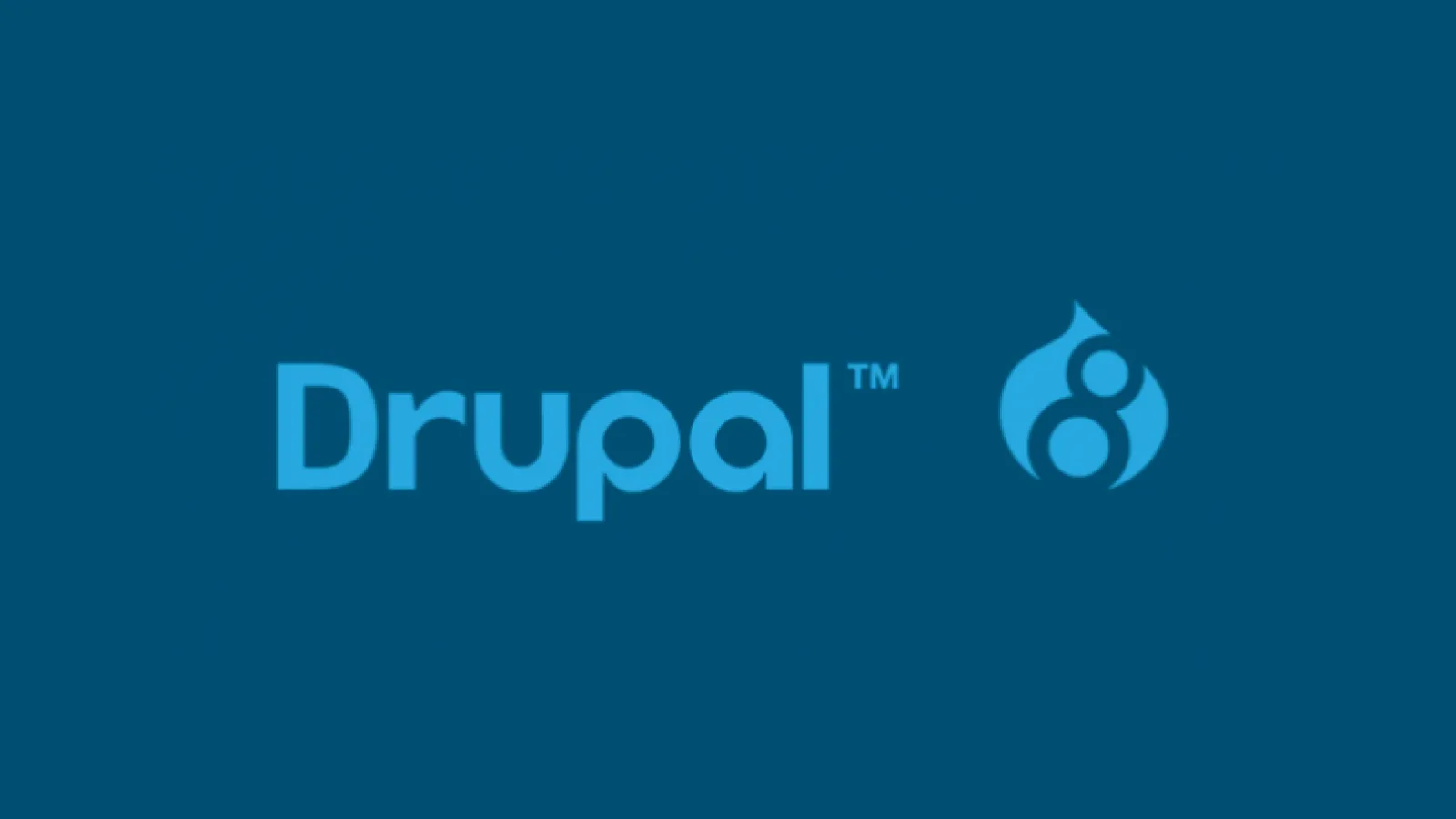Business is never so healthy as when, like a chicken, it must do a certain amount of scratching around for what it gets. (Henry Ford)
As things stand now, google keyword planner shows almost a million searches per year on the exact term ‘open source CMS’. Add search results for all other terms related to the same concept, and it remains no secret that clearly, millions of people have Drupal, Joomla and Wordpress on their minds. For the decision makers thinking of which CMS system to choose, this post aims to present an unbiased view of the pros and cons of the three major open source CMS players, Drupal, Wordpress and Joomla.
Getting credible CMS insights on the web (?)
The world wide web is full of articles, opinions and discussions on major CMSs, but as most enterprises would attest, it’s tough to verify the credentials of those authoring most of the insight you gain on the web about pretty much anything. This applies to open source CMSs in a big way, because
- Open source CMSs have very passionate supporters who are also very vociferous .
- Articles authored by those who are excellent writers can fool a reader into thinking they necessarily know their CMSs.
- Those who have used a particular CMS might offer insight on some other CMS without having used it.
- Open forums are often so open that absolutely anyone, including those who’ve never used a CMS, can offer various opinions.
As such, we recommend you get your information by communicating with companies that have direct experience of working with multiple CMSs.
Aim of this article
In this article, we offer you a contemporary perspective on the latest versions of Drupal, Joomla and Wordpress. Our views have come about through our use of different CMSs to service enterprises across domains and sizes. As enterprise-oriented PHP experts who’ve used Wordpress and Joomla as well, before settling to specialize on Drupal, we do have an astute awareness of situations which might be better served by Wordpress or Joomla, and do think that it is in our good interests to share what we know.
We hope it will help you to make an informed decision, given the present scenario, with 2014 looming large on the CMS horizon. In this post, we discuss all three major open source CMSs of Drupal, Wordpress and Joomla, with a focus on you as a person intending to meet business and marketing requirements through a quality open source CMS.
When to use Wordpress
Considering Wordpress, it is more aimed at ‘consumers’ as opposed to enterprises, and is a great choice within that market. If you’re an individual or a small group of enthusiasts wanting to set up a blogging site, or a news site, Wordpress is going to suit you better than Drupal or Joomla. Now, if as a decision maker for a business, you need a simple, easy to operate, inexpensive site that will not need to become much more complex in the future, Wordpress will most certainly give you an efficient, lighter, faster, easy to operate and maintain site that does not require prolonged learning periods and coding expertise. For a simple, easy to maintain site that will not magnify in complexity later, or that meets temporary needs, Wordpress is a high quality offering that is popular as it is best suited to the purpose. You will not need to spend much money or time on development efforts either. Since there are millions of non-enterprise sites or simple enterprise sites set up on the net by those who do not want an intensive learning curve, you will find that Wordpress is used much more than Drupal or Joomla.
When Drupal and Joomla would be better than Wordpress
Wordpress, however, will let you down if complex workflows and multiple content types (blogs, news, product information, user details) that have to draw information from each other are going to be the norm, now or in the future. If you’re thinking of building a dynamic enterprise that’ll meet complex needs in future, even if your current needs remain simple, it is better to avoid the expensive and somewhat disruptive experience of having to migrate your precious data and processes to a different CMS because your initial CMS cannot keep up with your business needs. That brings us to complex sites, or sites that are going to get complex in the future even in ways that are currently unforeseeable.
Drupal or Joomla?
As PHP coders who have worked with recent versions of both Joomla and Drupal, we can say with assurance that both are good for building complex sites. Both have been around for long, and have passionate supporters who help and guide each other. The difference is that Drupal is created to be very very developer friendly. Once a developer masters Drupal, which is a very intensive effort due to the sophisticated options this CMF offers, he or she can build very intricate, futuristic and efficacious web sites. Joomla, on the other hand, can be used to build quite complex websites without that much of a learning curve. What does this mean to you as a decision maker?
Why Joomla
Now, should you require a site that for some reason does not require as much of learning for the developer to master, is still a quality offering meeting complex needs that do not really need to be too sophisticated, you could choose Joomla, provided you are not expecting future contingencies that are too intricate. Your choice would be dependent in that case on pricing, future plans/expectations for site functionalities and developer quality and availability as well. The process of settling on a good Joomla developer is, to be honest, easier than finding an expert Drupal developer, due to the tremendous skill, versatility and knowledge a Drupal expert just has to have.
Why Drupal
But then, if you want to introduce a lot of interaction between the various types of content on your site, or keep adding / trying new or futuristic business strategy ideas, you would need a site that lends itself to sophisticated development. Drupal, being developer oriented and developer friendly, would allow a skilled developer to implement more numerous, and more complex possibilities than Joomla would. Even as it currently stands, Drupal does allow for more advanced content manipulation and interaction and future innovation, accompanying significant scaling, enhancement and even fluctuations.
In this context, you might want to go through our recent post ‘Drupal - A powerhouse for evolving enterprise platforms’. In this post, also presented to accommodate your requirements as a decision-maker, we talk about Drupal’s suitability for growing enterprises, with a special discussion on Drupal 8, due to be released in 2014, and what it would mean for your business.
Things you should consider while choosing an open source CMS
Seamless integration with third party applications:
Often, there are highly specialized functionalities required by expanding enterprises, which no single CMS can achieve. Today’s multifunctional enterprise platforms necessarily need to integrate seamlessly with other specialized applications. Yet, often, integrating third party applications can be a complicated task. Your CMS should allow a developer oriented structured coding that is planned to accommodate the most complex integration requirements with efficiency. This consideration will prove invaluable as you develop and grow.
Thriving support environment:
Your platform can function well enough for you to concentrate on your core business only if there is extremely good support in place for your CMS. The open source community associated with your CMS should be capable of providing basic and advanced support in the form of chat, forums, documentation, FAQ’s. A thriving support culture will mean that almost all your problems will have been dealt with before, ensuring speedy resolution.
Established update systems:
Your chosen CMS should have a proven policy of improvements, updates and new releases with backward compatibility. The CMS community should maintain support to the earlier versions for a few years after releasing the latest version. There should have been a lot of community support during previous updates, version releases and porting situations.
Conclusion
The best open source CMSs are today supported by thousands of extremely talented developers who have created websites for organizations as high profile as the White House and NASA. Open source CMSs are capable of fulfilling multiple enterprise functions due to the sheer number and advanced expertise of their contributors. You do not have to pay costly licensing fees, or be locked in to a vendor when you choose open source. With a judicious choice of open source CMS, you can be sure you will keep getting updates and new releases that enhance your platform or add / suggest new capabilities. Choose your CMS very carefully, as choosing an appropriate CMS capable of meeting current and future goals will ensure that at least for the next ten years, you can focus on using your CMS to grow and mould your business instead of having to worry about migrating all your precious data, functions and workflows to a better CMS.
Do go through our article : ‘Drupal - A powerhouse for evolving enterprise platforms’.
Valuebound is a leading Drupal development company providing enterprise Drupal web solutions. For more information on Drupal development, contact us





